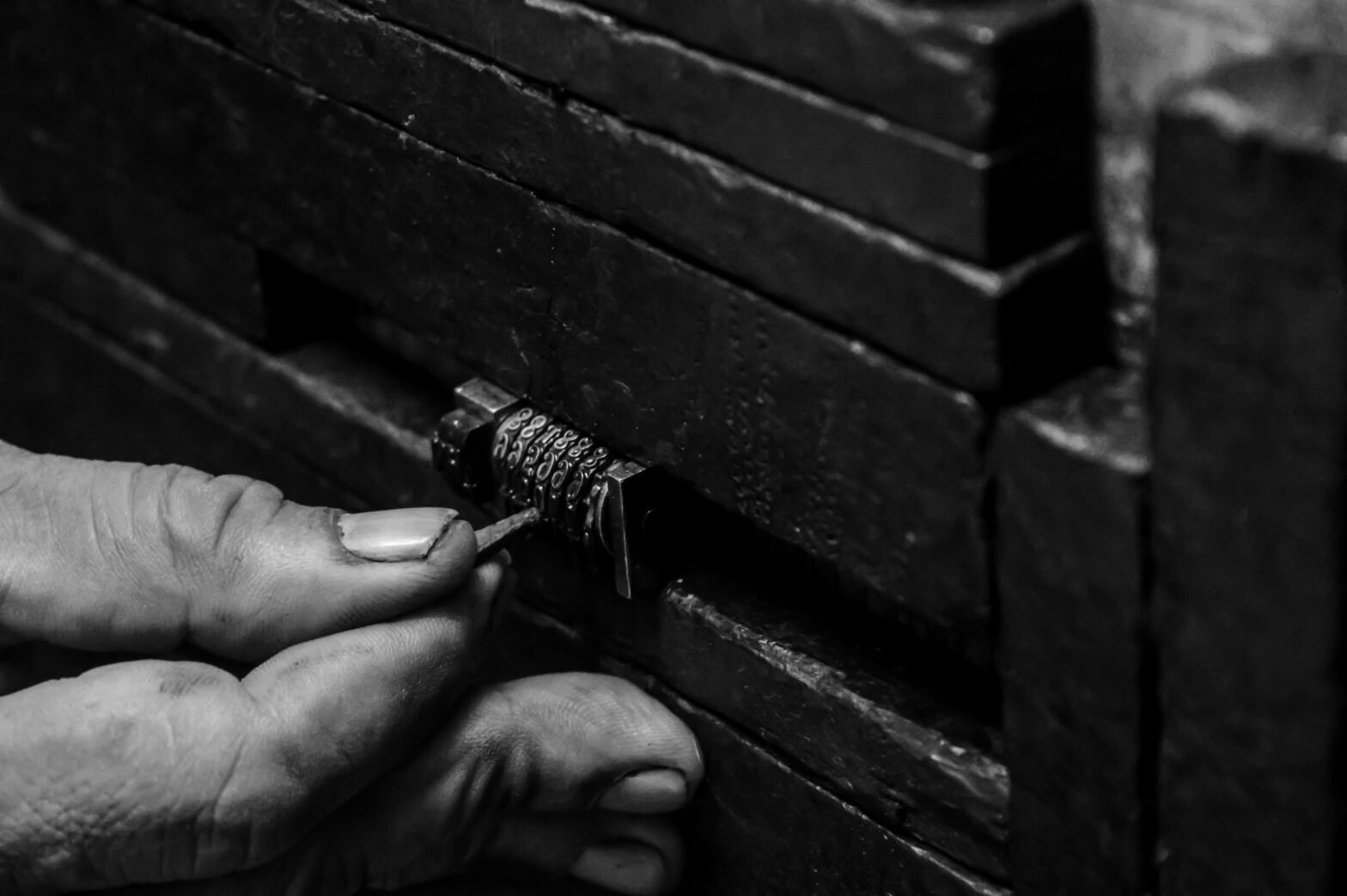Triarchy, a denim brand, has discovered a game-changing solution for creating environmentally friendly stretch jeans. Traditional jeans contain plastic fibers, such as spandex and polyester, that shed microplastics and contribute to pollution in our oceans and landfills. In an effort to combat this issue, Triarchy collaborated with a mill in Italy to develop a biodegradable fiber made from rubber. The result is a stretchy material that looks and feels like traditional stretch denim but decomposes in just two years, fertilizing the soil as it breaks down. Triarchy hopes that other brands will adopt this innovative material to create a significant positive impact on the fashion industry and the environment.

Read more about the Latest Money News
The Problem with Plastic-Based Fibers in Jeans
Jeans made with synthetic fibers shed microplastics which pose serious environmental hazards. Over the years, as consumers demanded more comfortable and form-fitting jeans, brands started incorporating synthetic fibers like spandex and polyester into their denim fabric. These fibers are essentially plastics and when washed, they release microplastics that ultimately end up in the ocean and enter the food chain. Moreover, these plastic-based fibers do not biodegrade and contribute significantly to landfill waste. The need for an alternative to plastic-based fibers in jeans is crucial to reduce the negative environmental impact.
Triarchy’s Mission to Create Plastic-Free Stretch Jeans
Triarchy, a denim label, is committed to finding a better way to produce jeans that are devoid of plastic-based fibers. The founders of Triarchy recognized the detrimental effects of denim manufacturing on the environment and decided to make their brand more sustainable. They implemented measures such as using organic cotton, distressing jeans with lasers instead of chemicals, and reducing water consumption. However, their ultimate goal was to eliminate the use of plastic-based fibers in their jeans entirely.
Other brands within the denim industry have also undertaken initiatives to improve the sustainability of their manufacturing processes. The Ellen MacArthur Foundation launched The Jeans Redesign project in collaboration with brands like American Eagle, Gap, H&M, Chloe, and Frame. This initiative aimed to overhaul the denim-manufacturing process, eliminating harmful chemicals and designing jeans that can be easily recycled. Triarchy approached the challenge of reducing plastic-based fibers in jeans in its own unique way, primarily focusing on finding an alternative fiber that is biodegradable.
Triarchy’s approach to reducing the environmental impact of jeans involves optimizing the stretch properties of the fabric without compromising on comfort. Initially, the brand decided to forego using any stretch fibers at all, resulting in stiff and rigid jeans. While this approach worked for certain styles, it was not scalable across all consumers who preferred a more flexible and comfortable fit. The brand explored the possibility of using recycled plastic fibers, but concerns regarding the additives used in processing and the non-biodegradability of recycled plastic fibers led them to look for other alternatives.
Read more about the Latest Money News
The Challenges of Creating Plastic-Free Stretch Denim
The search for a biodegradable fiber to replace plastic-based fibers in jeans led Triarchy to explore rubber as a natural alternative. Rubber has similar properties to plastic and is a potential solution to develop stretch denim without the negative environmental consequences. However, manipulating rubber is more challenging compared to plastic since it is a natural material.
The Role of Rubber as a Natural Replacement for Plastic Fibers
Rubber holds immense potential as a natural alternative to plastic fibers in denim. As consumers become increasingly aware of the damaging effects of plastic on the environment, the use of rubber as a replacement fiber has gained attention. However, the natural properties of rubber make it difficult to manipulate compared to synthetic materials like plastic. This presents obstacles in developing rubber-infused fabric for stretch denim.

Developing Rubber-Infused Fabric for Stretch Denim
Triarchy collaborated with Candiani Mill, a renowned luxury denim material manufacturer based in Italy, to develop a rubber fiber that could replicate the properties of plastic. The goal was to create a rubber fiber that could be wrapped around cotton strands, similar to how plastic fibers are incorporated into stretch denim. Candiani Mill experimented with different rubber fibers to achieve the desired stretch and drape needed for denim. Various prototypes were tested, with some being too stiff or not regaining their original shape after stretching. Through rigorous testing and manipulation of rubber properties, Triarchy and Candiani Mill eventually achieved a fabric that closely resembles traditional stretch denim.
The Benefits of Plastic-Free Stretch Jeans
Plastic-free stretch jeans, made possible through Triarchy’s innovative approach, offer several significant benefits. Firstly, these jeans are biodegradable and compostable, breaking down in approximately two years and enriching the soil in the process. This is a stark contrast to plastic-based fibers that persist in landfills for centuries. Secondly, rubber-infused fabric has natural cooling properties, providing a more comfortable wearing experience compared to plastic fibers that tend to trap body heat.

The Potential Impact of Plastic-Free Stretch Jeans
Triarchy has exclusive rights to the rubber-infused fabric used in their jeans until the end of the following year. However, the brand hopes that other companies will adopt this material to drive widespread change within the industry. The adoption of plastic-free stretch denim by multiple brands can significantly contribute to reducing plastic waste in landfills. Currently, the production of the rubber-infused fabric is costly due to its novelty, but as production scales up, the manufacturing costs are expected to decrease. Triarchy’s success in creating plastic-free stretch jeans serves as a catalyst for industry-wide transformation.
Conclusion
Triarchy’s mission to create plastic-free stretch jeans represents a significant step towards a more sustainable denim industry. By eliminating plastic-based fibers and replacing them with a biodegradable rubber fiber, Triarchy has effectively reduced the environmental impact of jeans manufacturing. The potential for widespread adoption of this innovative material holds promise for reducing plastic waste and promoting a more sustainable fashion industry.
About the Author
Elizabeth Segran, Ph.D., is a senior staff writer at Fast Company. With expertise in the field of sustainable fashion, she has extensive knowledge of the environmental challenges faced by the industry and the innovative solutions being developed.
Sources
- Fast Company article by Elizabeth Segran.









